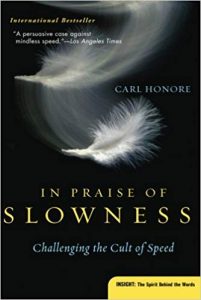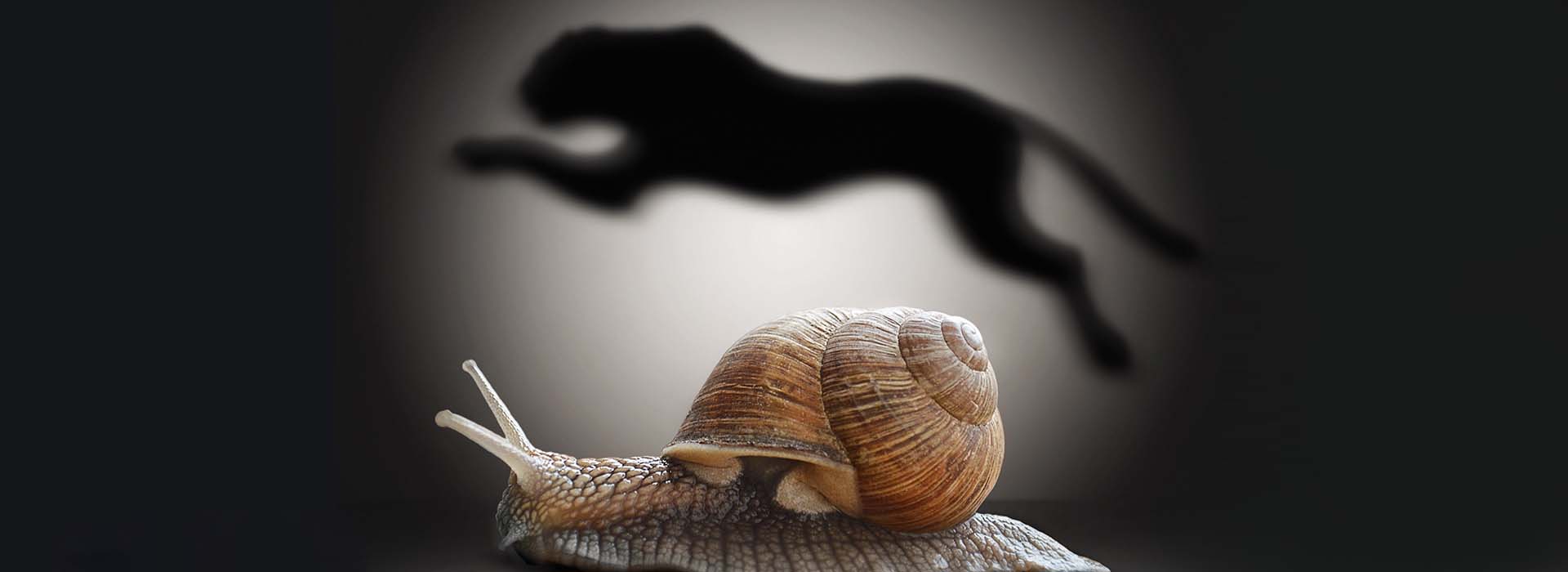In praise of slowness
The quality of your thinking hinges on your mental model. Research in the field of behavioral science has shown the impact that perpetual motion has on your decision-making capacity. The same theme is taken up in an article published on the excellent Farnam Street website, recommended by Jean-Florent Rérolle, a member of Business Digest’s scientific committee.
You’ve no doubt seen it for yourself: people’s comprehension is rare whereas information abounds. We’re so in love with perpetual motion that our free time only comes in 20-second bursts — just long enough to get the gist of something.
We’re all convinced that the simple act of reading confers understanding, but most of what we read has already been watered down. The rat race that seems de rigueur prevents us from taking the time to form our own opinion. But understanding and learning require a step-by-step analysis as well as time and tranquility — luxuries we’ve lost sight of today, which means that what author Carl Honoré calls “the art of stillness” has got lost along the way.
Does this new era signify we have new time pressures? Not really. Honoré’s book In Praise of Slowness dates back to 2005, when the author was already singing the praises of slowness. Although the concept has taken hold in several areas of society (such as slow food and slow working, which we spotlighted in our summer 2019 reading list), it has not really been successful in transforming our own relationship to time, which is something we need to do if we are to make level-headed decisions.
All of us would profit from a reflection on the subject. At a time when we lavish praise on busy–ness as though it were a badge of honor, we make one bad decision after another through lack of clear-headedness, all the while deceiving ourselves into thinking that we’re accomplishing more.
To go further:
 In Praise of Slowness: Challenging the Cult of Speed by Carl Honoré (Harper Collins, 2005).
In Praise of Slowness: Challenging the Cult of Speed by Carl Honoré (Harper Collins, 2005).
© Copyright Business Digest - All rights reserved

